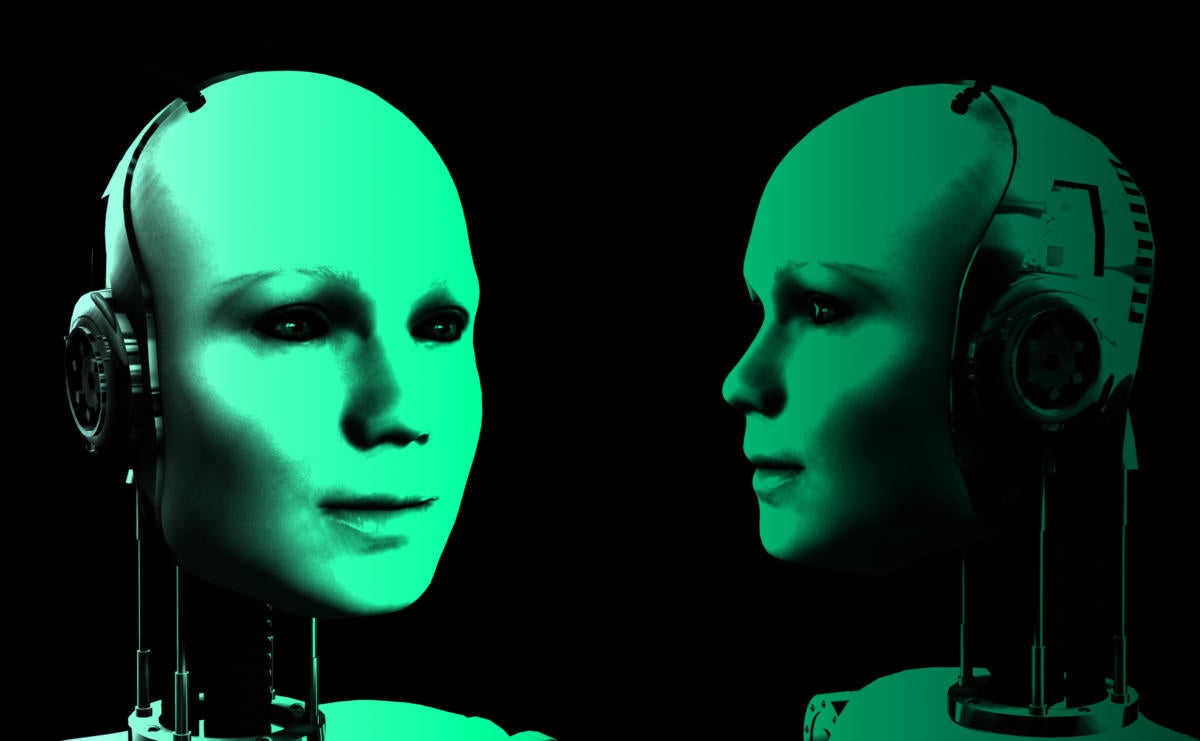
Viv is an artificial intelligence (AI) platform built by Dag Kittlaus and Adam Cheyer, the creators of the AI behind Apple’s Siri, the most well-known digital assistant in the world.
Siri is known for answering questions, like how old Harrison Ford is, and reminding you to buy milk on the way home.
Viv, though, promises to go well past that.
Earlier this week during an onstage demo at Disrupt NYC, Kittlaus showed off Viv. This created an online buzz about the assistant’s ability to not just answer questions or fire up a timer on a smartphone, but to answer complex questions and to interact with third-party services as well as online businesses.
“Assuming we can take the founders at their word, Viv is more than just an evolutionary step in the development of personal assistants. It’s a game changer,” said Dan Olds, an analyst with The Gabriel Consulting Group. “If you tell Viv to book a flight for a particular day, Viv would be able to navigate the airline reservation system to book the flight, taking care to use your preferred airline, making sure your frequent flyer number is used, and booking your preferred seat — all without intervention from you. That’s a big step forward for AI.”
Viv Labs, the company behind the digital assistant, is a San Jose-based business that has been operating largely under the radar for the past four years. Kittlaus, Viv’s CEO, has a goal of “radically simplifying the world” by creating an intelligent interface to… what else? Everything.
If Viv works as well as expected, it won’t just be a challenger for Siri. It will also take on, and some say overshadow, other digital assistants like Microsoft’s Cortana and Amazon’s Alexa.
However, this also shines a bright light on just how far artificial intelligence is progressing.
“Viv shows that AI has come a long way, and that it is going to advance much further into our everyday lives,” said Olds. “Even more interesting is that Viv will be able to learn more about you over time and become even more helpful.”
The new digital assistant, of course, will have to prove itself beyond an onstage demo.
And it won’t just have to work. It will have to be adopted in smartphones, home systems or any number of smart devices.
Judith Hurwitz, an analyst with Hurwitz & Associates, LLC, said digital assistants are bound to improve over the next several years but Viv still has a lot to prove.
“Nothing is simple as it seems,” she noted. Viv “would have to communicate directly with a pizza ordering system. What if there are three pizza places near you? Do you want the app to select the restaurant for you? While these apps will improve over time, the improvements will come from the system collecting and analyzing data about you. It will require continuous deep learning. I think that it will be years before these type of systems are ubiquitous.”



